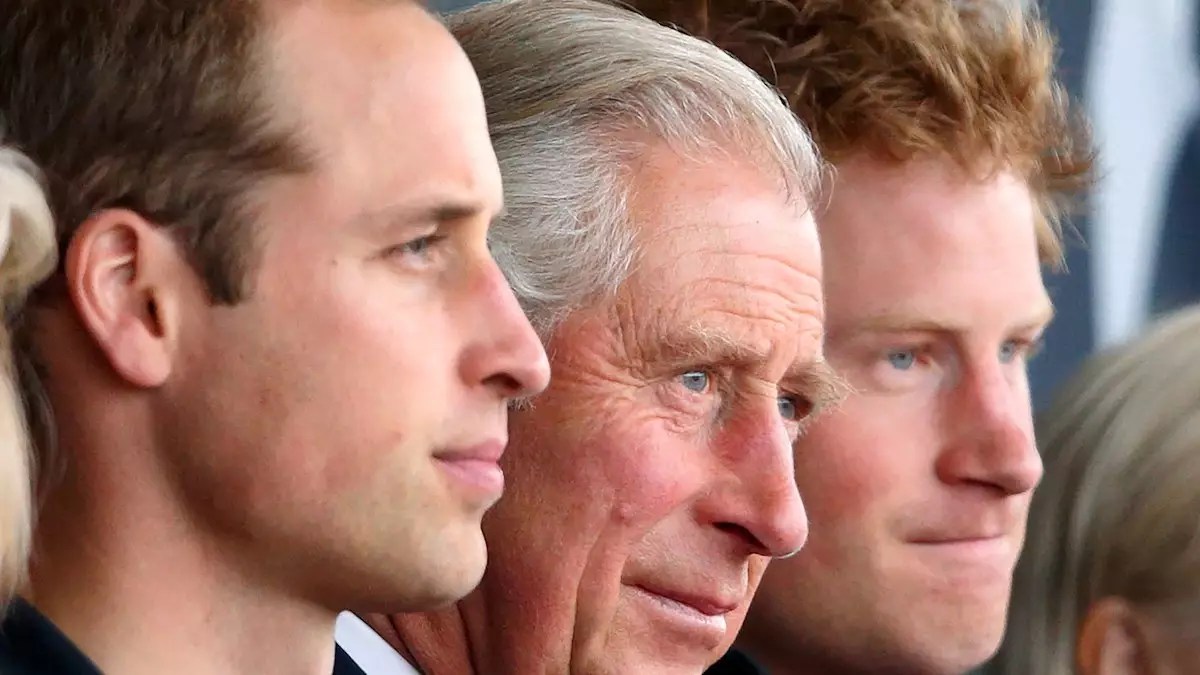In recent years, the dynamics within the British royal family have become increasingly complicated, particularly among Prince Harry, King Charles III, and Prince William. This relationship narrative, fraught with emotional and familial challenges, reveals not only the sector’s fragilities but also how personal grievances intersect with public duties.
Harry’s estrangement from his family has been evident since his departure from royal duties in 2020. His absence from key family events, combined with the infrequent personal visits back to the UK, signifies a deeper rift. His most recent visits—one for the Invictus Games and another for the WellChild Awards—failed to provide the meaningful interactions that many observers hoped for. Notably, Harry has not engaged in a dedicated one-on-one conversation with his father since February, after King Charles’ cancer diagnosis, further extending the emotional distance between them.
The strained interactions are not solely confined to Harry and Charles; the sibling bond between Harry and William is equally strained. Their last encounter at Lord Robert Fellowes’ funeral was marked by noticeable tension, as the brothers deliberately chose not to sit next to each other. This careful avoidance underscores not only their current feelings towards one another but also illustrates the broader issues impacting their relationship.
For any reconciliation between Harry and Charles to take place, it appears vital for William to be involved. Royal biographers and experts posit that conversations surrounding their future cannot occur in isolation. The complexity of their familial ties demands that all parties operated collaboratively, especially considering William’s future role as king. By presenting a united front, the family could potentially begin to bridge their divides.
Despite this, the prospects of reconciliation seem dim, particularly given the stress levels surrounding King Charles’ health. Advisors to the monarch fear that discussions with Harry may inevitably devolve into heated exchanges, complicating an already challenging situation as the King navigates serious health concerns. A critical moment requiring sensitivity and care has become muddled by the weight of past grievances and contemporary demands.
The tensions exacerbate further when considering Harry’s ongoing legal battles concerning his security arrangements during visits to the UK. His challenge against the Home Office marks another layer of complexity, placing him in direct opposition to his family’s interests. The situation is particularly delicate given that Harry’s legal actions unfold within the very system that sustains his father’s reign. Royal commentator Robert Hardman noted that this poses an awkward predicament for Charles, who is caught between supporting his son and maintaining his royal responsibilities.
Should any details from private family discussions be mentioned during Harry’s court proceedings, the repercussions could be severe. Such revelations would not only threaten Harry’s case but could also compromise the trust within the royal family, leading to even greater divisions. The legal dimensions involved add a stark reality to family dynamics—making reconciliation appear even more elusive.
As the royal family navigates these turbulent waters, the future remains uncertain. With King Charles’ deteriorating health and the ongoing challenges faced by Harry in his personal and legal battles, the interplay between individual desires and collective duty takes center stage. Each decision made not only impacts immediate family relationships but also shapes the public’s perception of the monarchy itself.
The complexities rooted in the relationships between Prince Harry, King Charles, and Prince William serve as a poignant reminder of the fragility of family bonds, particularly under the weight of public scrutiny. Their story resonates beyond the walls of Buckingham Palace, reflecting broader themes of love, duty, and the pursuit of reconciliation in the face of adversity. Moving forward, the royal family must confront these undercurrents with both sensitivity and a commitment to preserving their legacy.







Leave a Reply